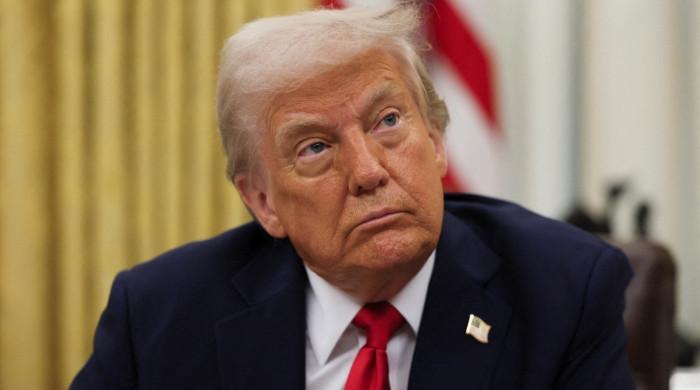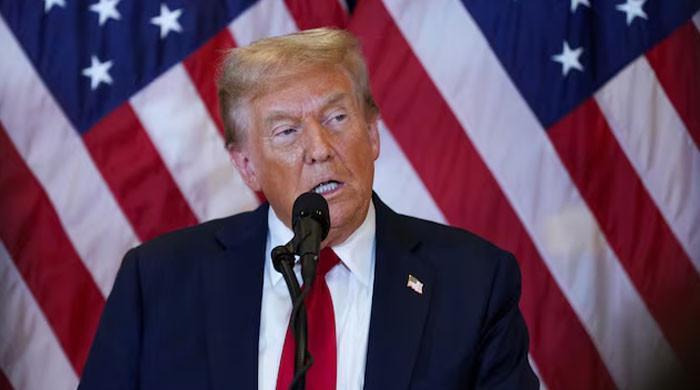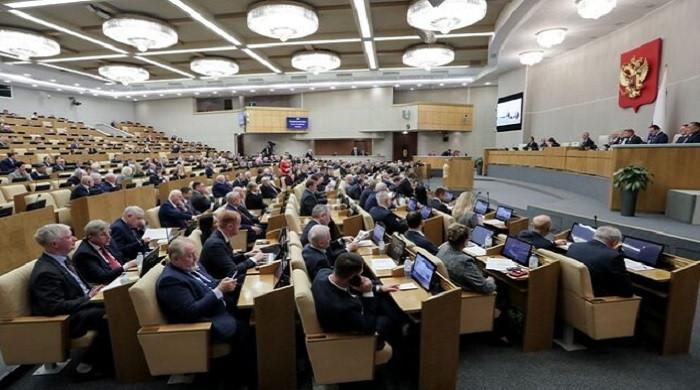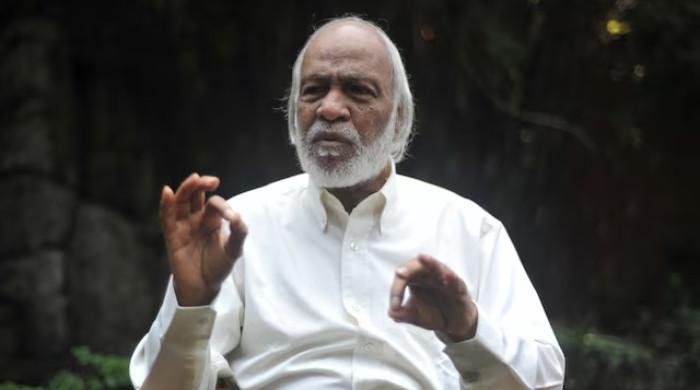'Omicron': WHO designates COVID variant found in South Africa as 'of concern'
New COVID-19 variant sparks worldwide worry, sends stock markets tumbling
November 27, 2021
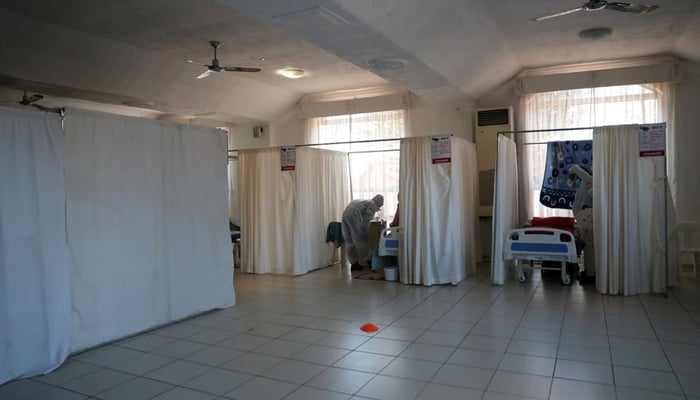
- UK and EU ban flights from southern Africa
- WHO designates new variant 'of concern'
- Variant has a protein dramatically different to original
- Fauci says no decision yet on U.S. travel ban
- Epidemiologist warns travel curbs may be too late
LONDON/GENEVA: The World Health Organisation (WHO) on Friday designated a new COVID-19 variant detected in South Africa with a large number of mutations as being "of concern," the fifth variant to be given the designation.
The WHO said in a statement that it had assigned the B.1.1.529 variant the Greek letter Omicron.
The discovery of a new coronavirus variant triggered global alarm on Friday as Europe rushed to suspend travel from southern Africa and stock markets on both sides of the Atlantic suffered their biggest falls in more than a year.
But it could take weeks for scientists to fully understand the variant's mutations. Health authorities are seeking to determine if omicron is more transmissible or infectious than other variants and if vaccines are effective against it.
Hours after Britain banned flights from South Africa — where the new mutation was discovered — and neighbouring countries and asked travellers returning from there to quarantine, the European Union said it would also suspend travel.
South Africa's Health Minister Joe Phaahla called the travel restrictions "unjustified", though he also said preliminary studies suggested the new variant may be more transmissible.
"This new variant of the COVID-19 virus is very worrying. It is the most heavily mutated version of the virus we have seen to date," said Professor Lawrence Young, a virologist at Britain's Warwick University.
"Some of the mutations that are similar to changes we've seen in other variants of concern are associated with enhanced transmissibility and with partial resistance to immunity induced by vaccination or natural infection."
Those worries pummelled financial markets, especially stocks of airlines and others in the travel sector, and oil, which tumbled by about $10 a barrel.
Meanwhile, the scramble to ban air travel from southern Africa left hundreds of passengers on two KLM flights from Cape Town and Johannesburg stranded on the tarmac for hours at Amsterdam's Schipol Airport before they were transferred for testing.
"Bus to a hall to a huge queue. I can see COVID testers in bright blue PPE far in the distance. Still no snacks for the sad babies," tweeted New York Times journalist Stephanie Nolen, a passenger on the flight from Johannesburg.
'Most significant variant'
Several other countries including India, Japan and Israel also toughened travel curbs.
In Washington, top US infectious disease official Anthony Fauci said no decision had been made on a possible US travel ban. There was no indication that omicron was in the United States, and it was unclear whether it was resistant to current vaccines, he told CNN.
In Geneva the WHO — whose experts on Friday discussed the risks that the variant, called B.1.1.529, presents — warned against travel curbs for now.
"It's really important that there are no knee-jerk responses here," said the WHO's emergencies director Mike Ryan, praising South Africa's public health institutions for picking up the new variant of the coronavirus that causes COVID-19.
"Because we've seen in the past, the minute that there is any mention of any kind of variation, then everyone is closing borders and restricting travel."
The variant has a spike protein that is dramatically different to the one in the original coronavirus that vaccines are based on, the UK Health Security Agency said, raising fears about how current vaccines will fare.
"As scientists have described, (this is) the most significant variant they've encountered to date," British Transport Secretary Grant Shapps told Sky News.
On Wall Street the Dow Jones Industrial Average was down 2.5%, tracking its worst day since late October 2020, and European stocks had their worst day in 17 months as financial markets digested the news.
Cruise operators Carnival Corp, Royal Caribbean Cruises and Norwegian Cruise Line plunged more than 9% each, while shares in United Airlines, Delta Air Lines and American Airlines slumped almost 10%.
Too late for travel curbs?
The coronavirus has swept the world in the two years since it was first identified in central China, infecting almost 260 million people and killing 5.4 million.
One epidemiologist in Hong Kong said it may be too late to tighten travel curbs against the latest variant.
"Most likely this virus is already in other places. And so if we shut the door now, it's going to be probably too late," said Ben Cowling of the University of Hong Kong.
Belgium identified Europe's first case, adding to those in Botswana, Israel and Hong Kong.
Brazilian health regulator Anvisa recommended that travel be restricted from some African countries, but President Jair Bolsonaro appeared to dismiss such measures.
Bolsonaro has been widely criticized by public health experts for his management of the pandemic, railing against lockdowns and choosing not to get vaccinated. Brazil has the world's second-highest death toll from the virus, behind only the United States.
The discovery of the new variant comes as Europe and the United States enter winter, with more people gathering indoors in the run-up to Christmas, providing a breeding ground for infection.
Friday also marked the start of the holiday shopping period in the United States, when retailers offer discounts. This year, US shoppers found stores less crowded than in years past.
Realtor Kelsey Hupp, 36, was at the Macy's department store in downtown Chicago on Black Friday.
"Chicago is pretty safe and masked and vaccinated. I got my booster so I'm not too concerned about it," she said.




